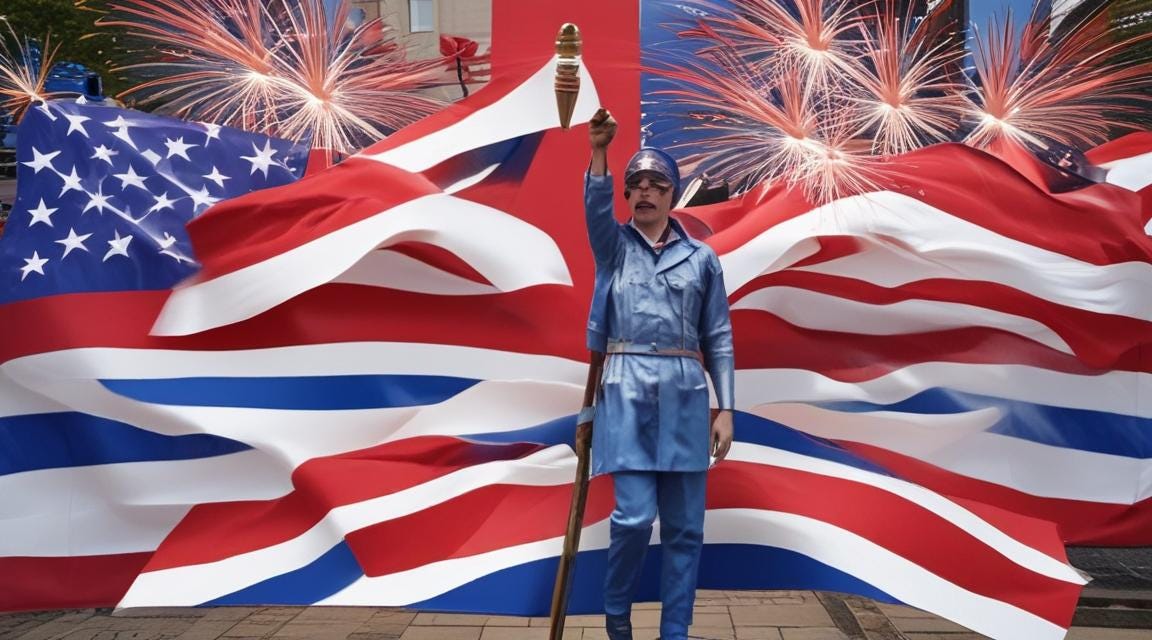Both America and Britain want a glorious Fourth of July
Two sets of books rich in nostalgia and empathy with the little guy and gal
Keep reading with a 7-day free trial
Subscribe to This Week, Those Books to keep reading this post and get 7 days of free access to the full post archives.





